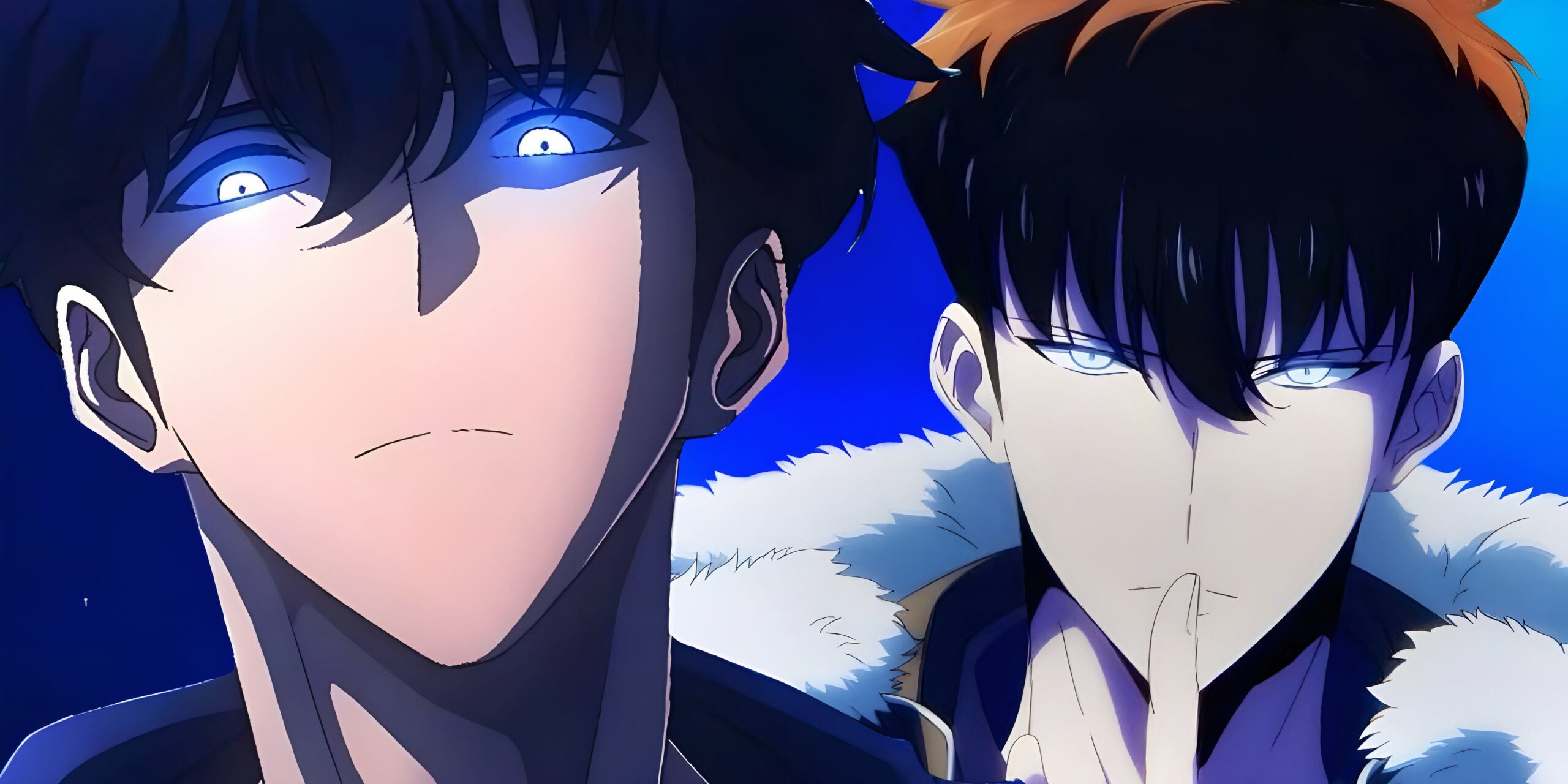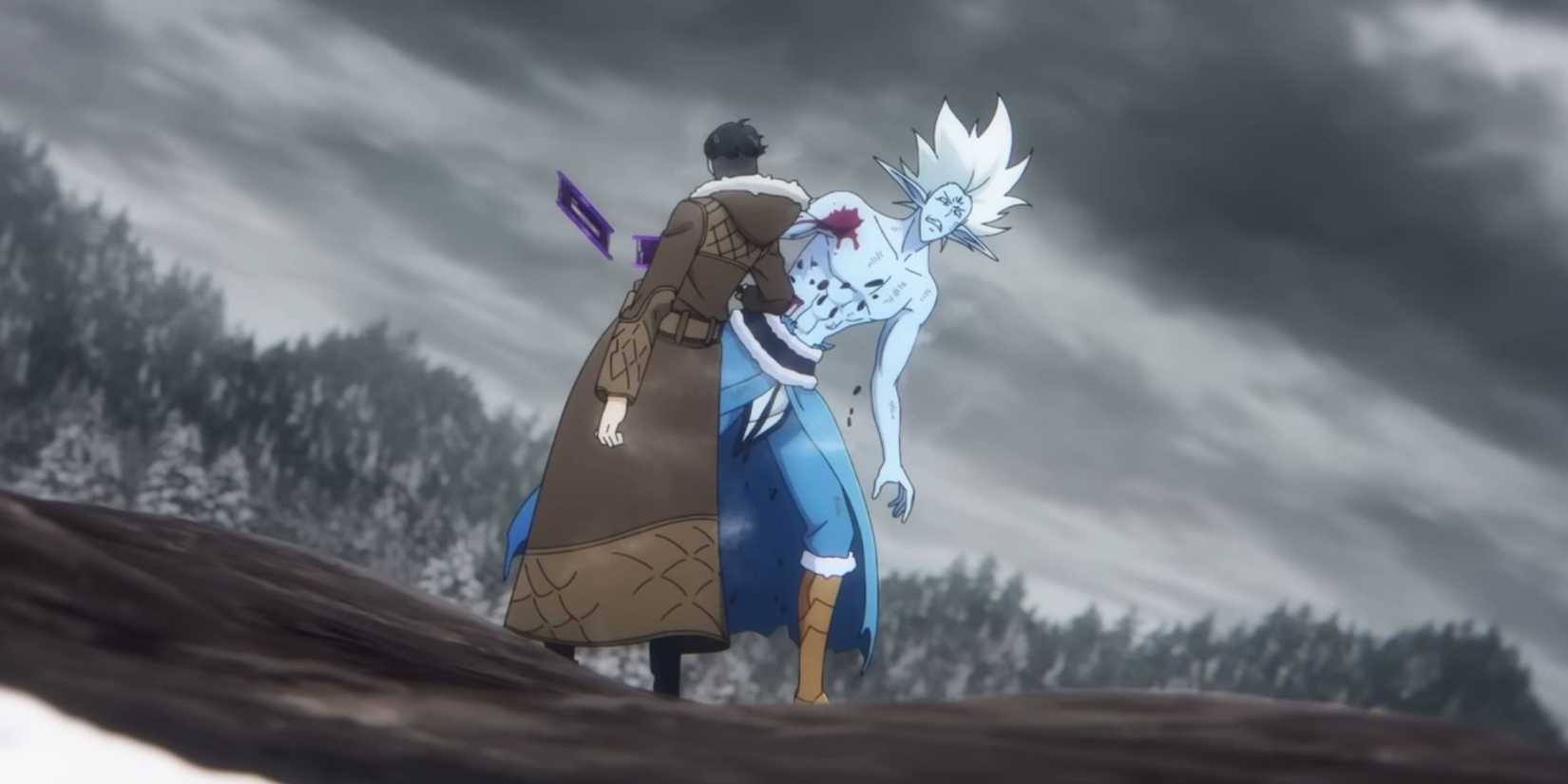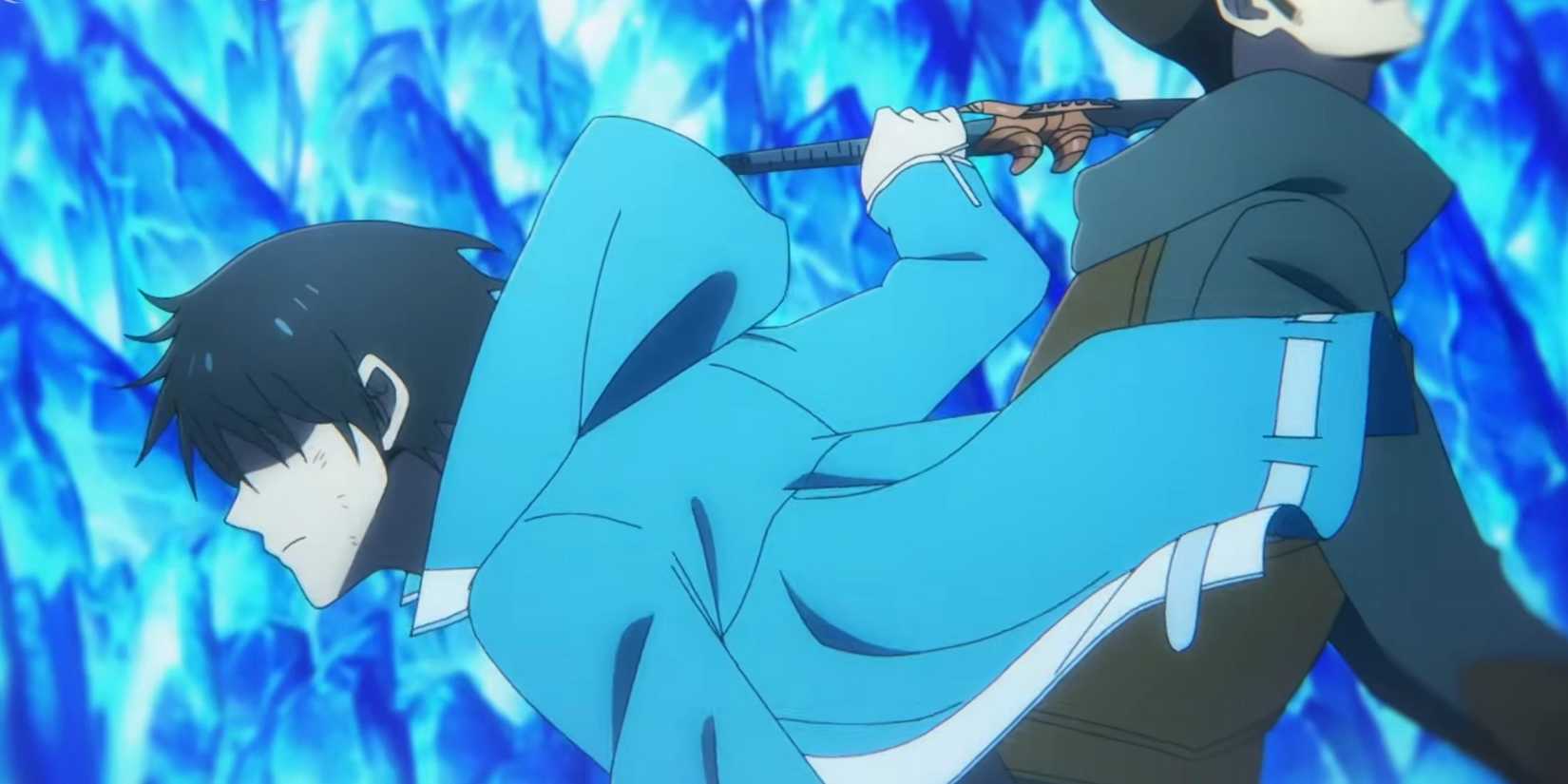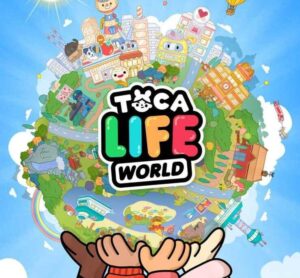Behind the Hype: Six Reasons Why Solo Leveling Is The Most Overhyped Anime of the Year
Popular Now
 Toca Boca World
Toca Boca World
 EA SPORT FC 25
EA SPORT FC 25
 Candy Crush Saga
Candy Crush Saga
 Call of Duty
Call of Duty
 Roblox
Roblox
 Fortnite
Fortnite
 BeamNG.drive
BeamNG.drive
 Free Fire
Free Fire
 Rust
Rust
 Geometry Dash
Geometry Dash
 In a world dominated by social media and viral sensations, Solo Leveling has become an unstoppable force. The anime adaptation of the beloved South Korean webtoon has captivated audiences with its stunning animation, electrifying fight scenes, and a protagonist who goes from zero to hero in spectacular fashion. However, once the initial adrenaline rush fades, a closer look reveals a series of critical flaws that its most dedicated fans often overlook. While the show is undoubtedly a visual masterpiece, the narrative and character work fall short of the “masterpiece” label it has so often been given. Here are six major reasons why Solo Leveling, despite its incredible popularity, is arguably the most overhyped anime of the modern era.
In a world dominated by social media and viral sensations, Solo Leveling has become an unstoppable force. The anime adaptation of the beloved South Korean webtoon has captivated audiences with its stunning animation, electrifying fight scenes, and a protagonist who goes from zero to hero in spectacular fashion. However, once the initial adrenaline rush fades, a closer look reveals a series of critical flaws that its most dedicated fans often overlook. While the show is undoubtedly a visual masterpiece, the narrative and character work fall short of the “masterpiece” label it has so often been given. Here are six major reasons why Solo Leveling, despite its incredible popularity, is arguably the most overhyped anime of the modern era.
1. A Familiar, Overused Formula
At its core, Solo Leveling is a power fantasy built on a foundation of familiar tropes. The premise is a textbook example of the “game-in-a-real-world” genre, where the protagonist, Sung Jinwoo, gains a unique ability to “level up” in a world filled with dungeons and monsters. While the concept is executed with style, it offers little in the way of genuine originality. Every new power-up, every new ability, and every new boss fight feels like a predictable progression in a video game. For seasoned anime viewers who have seen similar series like Is It Wrong to Try to Pick Up Girls in a Dungeon? or even Sword Art Online, the formula feels repetitive. The show rarely deviates from its core loop: Jinwoo gets a new power, faces a new threat, and overcomes it with a new, flashy move. This lack of narrative surprise makes the story feel less like a groundbreaking epic and more like a beautifully animated checklist.
 2. The Lack of Meaningful World-Building
2. The Lack of Meaningful World-Building
One of the biggest narrative shortcomings of Solo Leveling is its failure to build a compelling world. The anime drops viewers into a setting where gates, dungeons, and hunters are a given, but it rarely bothers to explain the deeper lore behind them. Important questions about the origin of these gates, the global political and economic landscape that has emerged in this new world, and the true nature of Jinwoo’s “System” are largely ignored. The world feels less like a living, breathing environment and more like a convenient backdrop for Jinwoo’s journey. Without a rich world to get lost in, the stakes of the story feel less significant. The focus is so heavily on Jinwoo’s power progression that the universe around him is largely neglected, making it difficult for the audience to invest in anything other than the protagonist’s next big fight.
3. A Flat Protagonist and Neglected Side Characters
While Sung Jinwoo is a compelling hero in the first few episodes as the “weakest hunter,” his character development essentially stops the moment he gains his immense power. He becomes an entirely different person, both physically and mentally, to the point where it feels like a new character has been introduced. The anime removes many of the subtle, humanizing moments from the manhwa, leaving Jinwoo as a stoic, one-dimensional figure who exists only to grow stronger. This lack of emotional depth makes it difficult to connect with him on a personal level. Furthermore, the side characters are given even less attention. They are introduced, used as plot devices to showcase Jinwoo’s power, and then discarded. Characters like the healer Joohee and Jinwoo’s sister, Jinah, are largely forgotten after their initial arcs. The show makes no effort to build meaningful relationships or explore their personal struggles, leaving the cast feeling hollow and disposable.
4. The Pacing is Inconsistent and Rushed
The pacing of the Solo Leveling anime has been a constant source of debate. While the first season was praised for its slow, methodical build-up, Season 2 has been criticized for rushing through key moments. The series condenses or outright removes important scenes from the source material, sacrificing emotional weight for the sake of speed. This has a direct impact on the story’s overall quality. For example, the build-up to the Jeju Island raid, a major arc in the manhwa, was heavily foreshadowed and had a deep sense of dread and anticipation. The anime, however, speeds through this build-up, diminishing the impact of the final battle. The show seems more interested in getting to the “cool parts” than in building a cohesive and well-paced narrative, a criticism often leveled against many modern adaptations.
5. The Reliance on “Hype” Over Substance
The driving force behind Solo Leveling‘s popularity is its ability to generate “hype.” The show is a masterclass in creating jaw-dropping, epic moments that are designed to go viral on social media. The beautiful animation, the explosive fights, and the iconic “Arise” scene are all crafted to perfection. However, these moments often mask the underlying lack of narrative substance. The show is all flash and no fire. Once the initial excitement wears off, the story feels less compelling because it’s so heavily reliant on the spectacle. This “hype factor” is a dangerous foundation for a series, as it can only carry a story for so long before viewers start to question what lies beneath the surface. For many, the anime feels like a highlight reel of cool scenes rather than a truly great story.
 6. A Weak Antagonist and a Lack of True Stakes
6. A Weak Antagonist and a Lack of True Stakes
A great hero is defined by the strength of their opposition. In Solo Leveling, the villains are little more than stepping stones for Jinwoo’s power. The show struggles to create a truly compelling and consistent antagonist. The various bosses and monarchs exist only to be defeated by the protagonist, and the stakes of the story, particularly after Jinwoo becomes immensely powerful, feel non-existent. There is never a true sense of danger or risk. Jinwoo’s abilities allow him to overcome any challenge with relative ease, and even his death is treated as a temporary setback. This removes all tension from the narrative. Without a formidable antagonist or the threat of failure, the story loses its most crucial element. The lack of a truly terrifying villain or a believable threat makes the entire journey feel like a one-sided power fantasy with no real consequences.







